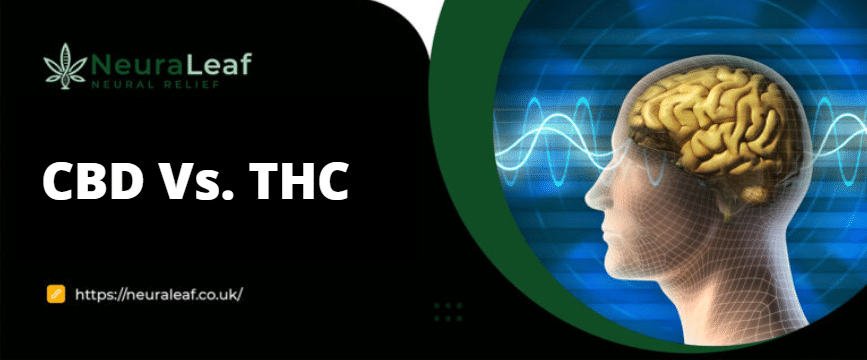CBD vs. THC: What’s the Difference?

CBD can be extracted from hemp or cannabis?
Hemp and cannabis come from the Cannabis sativa plant. Legal hemp must contain 0.3 percent THC or less. CBD is sold in the form of gels, gummies, oils, supplements, extracts, and more.
THC is the main psychoactive compound in cannabis that produces a high sensation. It can be consumed by smoking cannabis. It’s also available in oils, edibles, tinctures, capsules, and more.
Both compounds interact with your body’s endocannabinoid system, but they have very different effects.
Read on to learn more about these compounds. While they may have a lot in common, they have some key differences that determine how they’re used.
CBD vs. THC: Chemical structure
Both CBD and THC have the exact same molecular structure: 21 carbon atoms, 30 hydrogen atoms, and 2 oxygen atoms. A slight difference in how the atoms are arranged accounts for the differing effects on your body.
Both CBD and THC are chemically similar to your body’s endocannabinoids. This allows them to interact with your cannabinoid receptors.
The interaction affects the release of neurotransmitters in your brain. Neurotransmitters are chemicals responsible for relaying messages between cells and have roles in pain, immune function, stress, and sleep, to name a few.
CBD vs. THC: Psychoactive components
Despite their similar chemical structures, CBD and THC don’t have the same psychoactive effects. CBD is psychoactive, just not in the same manner as THC. It doesn’t produce the high associated with THC. CBD is shown to help with anxiety, depression, and seizures.
THC binds with the cannabinoid 1 (CB1) receptors in the brain. It produces a high or sense of euphoria.
CBD binds very weakly, if at all, to CB1 receptors. CBD needs THC to bind to the CB1 receptor and, in turn, can help reduce some of the unwanted psychoactive effects of THC, such as euphoria or sedation.
CBD vs. THC: Legality
Across the world, cannabis-related laws are evolving regularly.
Before you try to buy products with CBD or THC, it’s important to research your country’s laws.
If you possess cannabis-related products in a country where they’re illegal or don’t have a medical prescription in countries where the products are legal for medical treatment, you could face legal penalties.
CBD vs. THC: Drug testing
Cannabinoids like THC and CBD are stored in the body’s fat. They can show up on drug tests for several days or weeks after you use them.
Not every drug test will be able to detect CBD, but CBD-sensitive tests are available. Most standard drug tests will look for chemicals related to THC, so THC or marijuana use might show up on screening.
Likewise, hemp can produce some THC in addition to CBD, so a test could be positive for THC even if you haven’t used it.
It’s important to note that products that claim to be THC-free may not be free of THC, so if you’re drug tested, you shouldn’t use any CBD or THC products.
Why do people talk about THC content in CBD oil if THC and CBD are two different compounds?
CBD and THC are two of the most prominent cannabinoids found in the cannabis plant. Both cannabis and hemp produce CBD and THC.
However, cannabis has a higher concentration of THC. Hemp has a higher concentration of CBD.
The average cannabis strain today contains about 12 percent THC. CBD oil may contain small amounts of THC because it’s present at low levels in the hemp plant. CBD can have no more than 0.3 percent THC to be legal.

